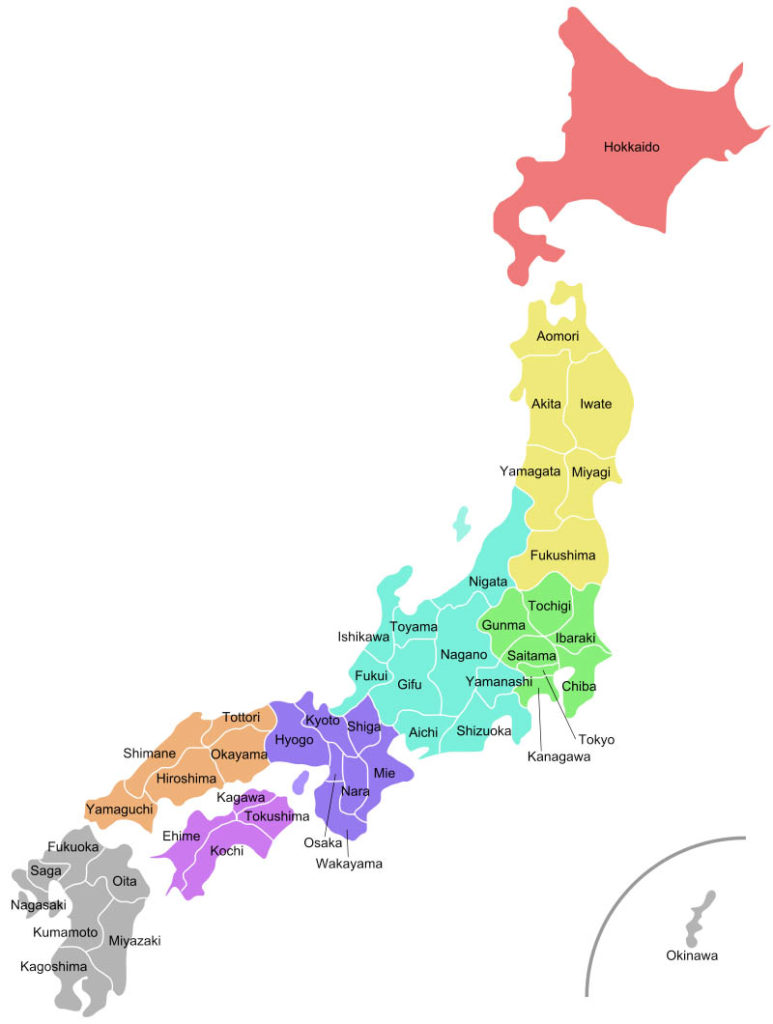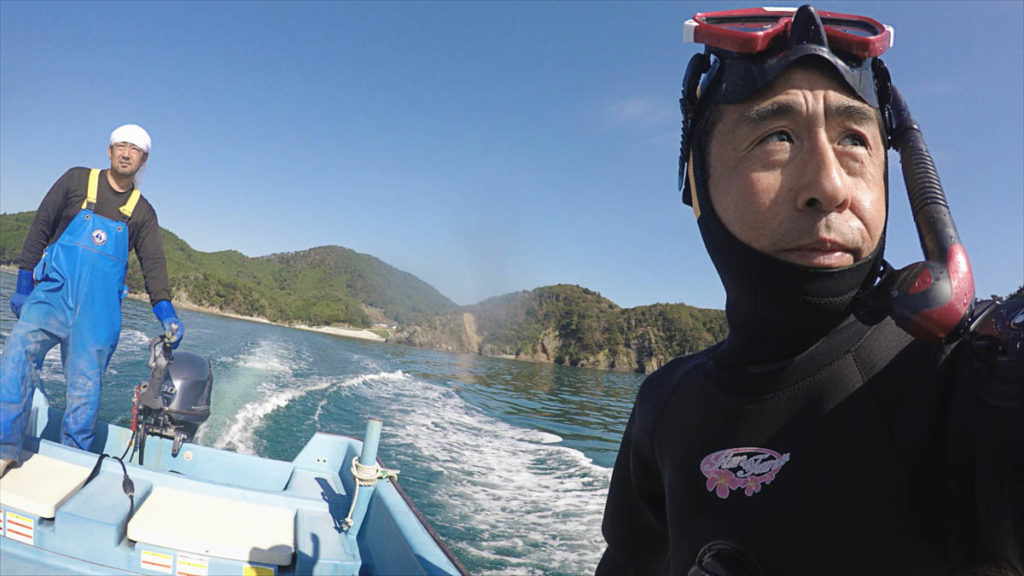He has never given up.
After his wife, Yuko, went missing in the 2011 earthquake, tsunami, and nuclear disaster that ravaged Fukushima, Japan, Yasuo Takamatsu learned to scuba dive to find her. He hasn’t given up hope after ten years. This is his method of achieving tranquillity. He feels connected to her spirit while he’s diving in the sea.
On March 11, 2011, Yasuo Takamatsu, lost his wife Yuko when Japan’s most powerful earthquake with a magnitude of 9.0 known as the Thoku earthquake and the Great East Japan earthquake caused a powerful tsunami. It lasted for 6 minutes. Waves up to 40.5 meters (133 feet) high swept through the port of Onagawa in Miyagi, killing 827 people (nearly 10% of the town’s population) and injuring hundreds more. 70 percent of its buildings were destroyed.
The earthquake that struck Japan in 2011 was the world’s fourth most strong earthquake since modern record-keeping began in 1900. The earthquake caused powerful tsunami waves that reached heights of up to 40.5 meters (133 feet) in Miyako, Thoku’s Iwate Prefecture and travelled at 700 kilometres per hour (435 miles per hour) in the Sendai area, and up to 10 kilometres (6 miles) inland. Sendai residents were given just eight to ten minutes’ notice, and more than a hundred evacuation sites were demolished by the tsunami.
The tsunami swept through the Japanese mainland, killing over 15,000 people, most by drowning, but also by blunt trauma. The report from the Japanese National Police Agency confirmed 15,899 deaths, 6,157 injuries, and 2,529 people missing across twenty prefectures, and a report from 2015 stated that 228,863 people were still living away from home.
The tsunami resulted in nuclear incidents, most notably level 7 meltdowns at three reactors in the Fukushima Daiichi Nuclear Power Plant complex, as well as evacuation zones that displaced hundreds of thousands of people.
According to the World Bank, the economic loss was believed to be US $235 billion, making it the most expensive natural disaster in history. The earthquake and its aftermaths resulted in a 0.47 percentage point fall in Japan’s real GDP growth in the year following the disaster, according to a 2020 report.
At 3:21 on that fateful day, Takamatsu got a text from Yuko, asking if he was all right. “I’d like to return home.” People were being evacuated to the nearest hospital, but because of a fire on her route to the hospital, the road was blocked and she couldn’t made it to the hospital.
When one of the clean-up workers found Yuko’s pink flip phone in the bank’s parking lot (where Yuko worked) while straightening up after the earthquake, they returned it to her husband. Takamatsu found he hadn’t received a text message sent 3:25 from his wife.
“So much tsunami.”
Yuko Takamatsu last text message to her husband
Takamatsu began his quest for his wife on land, at the riverbank where she vanished, along the Onagawa beaches, and in the forests of the mountains. He took up scuba diving in September 2013 at the age of 56 in the hopes of discovering her in the ocean, assuming she had been swept out to sea like so many others. Takamatsu’s son and daughter survived.
Takamatsu continues his search in the ocean and dives every week in the hopes of finding his beloved wife. Such loyalty and devotion are admirable.
“I want to bring her home”.







